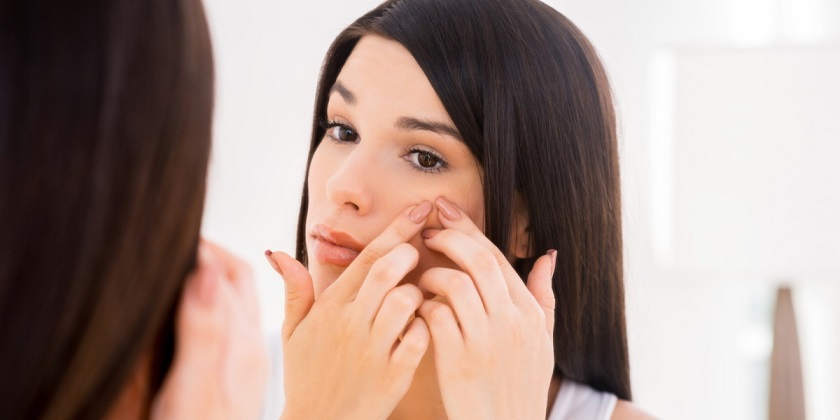


The occasional pimple can be concealed. If used at all, over-the-counter cover-up creams and cosmetics should be water-based. Even if outbreaks of acnecannot be eliminated, conventional treatment can provide relief.
The best treatments inhibit sebum production, limit bacterial growth, or encourage shedding of skin cells to unclog pores. Because many therapies can have side effects, any patient with acne should proceed with caution when trying a new treatment. People with any type of acne that lowers their self-esteem or makes them unhappy, those with acne that is leaving scars or people with severe, persistent cases of acne, need the care of a dermatologist.